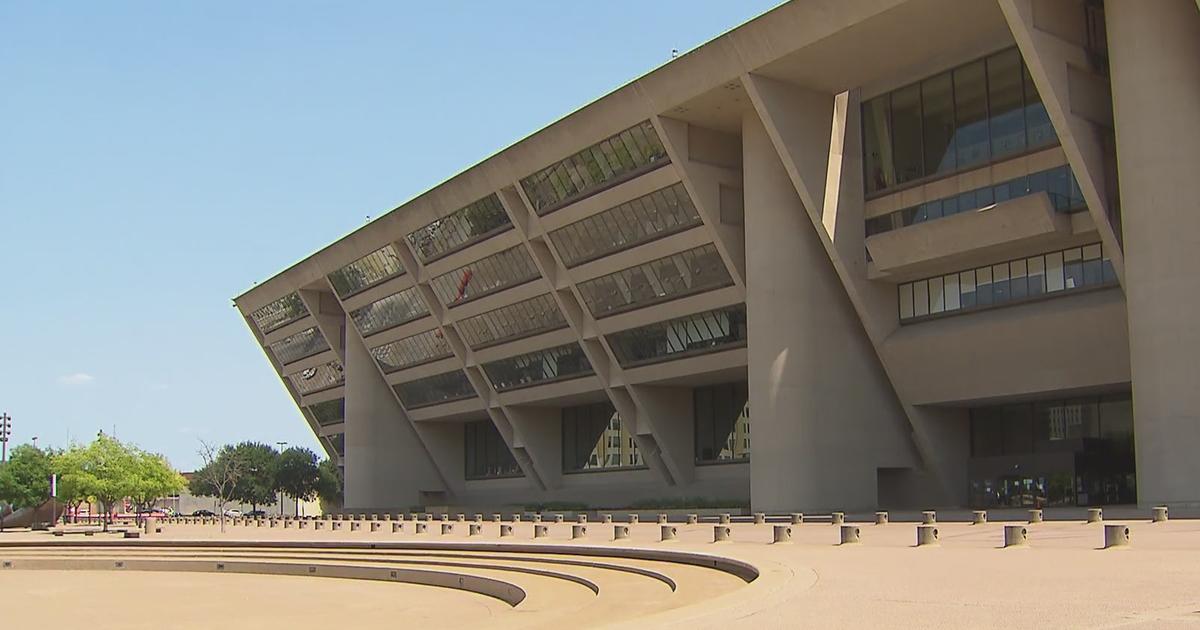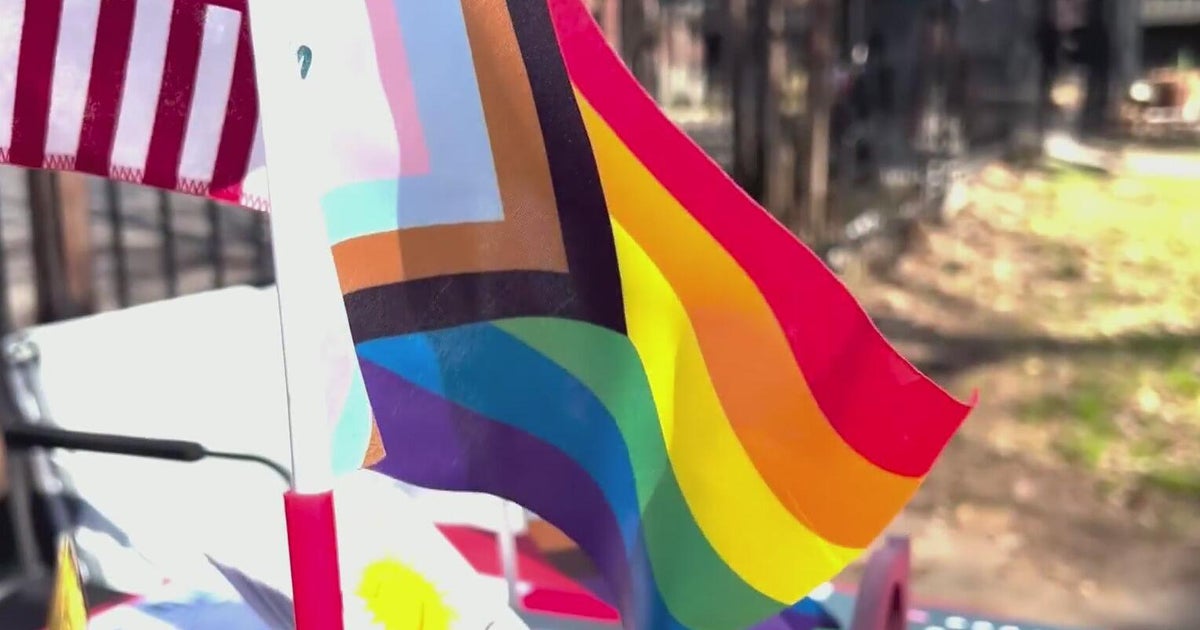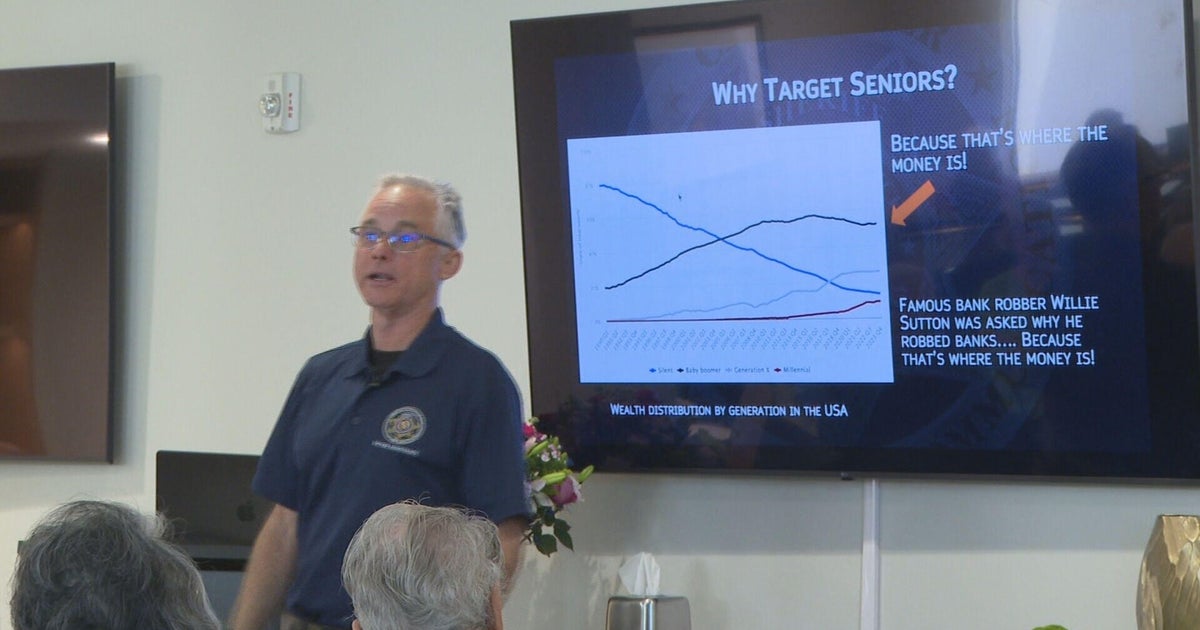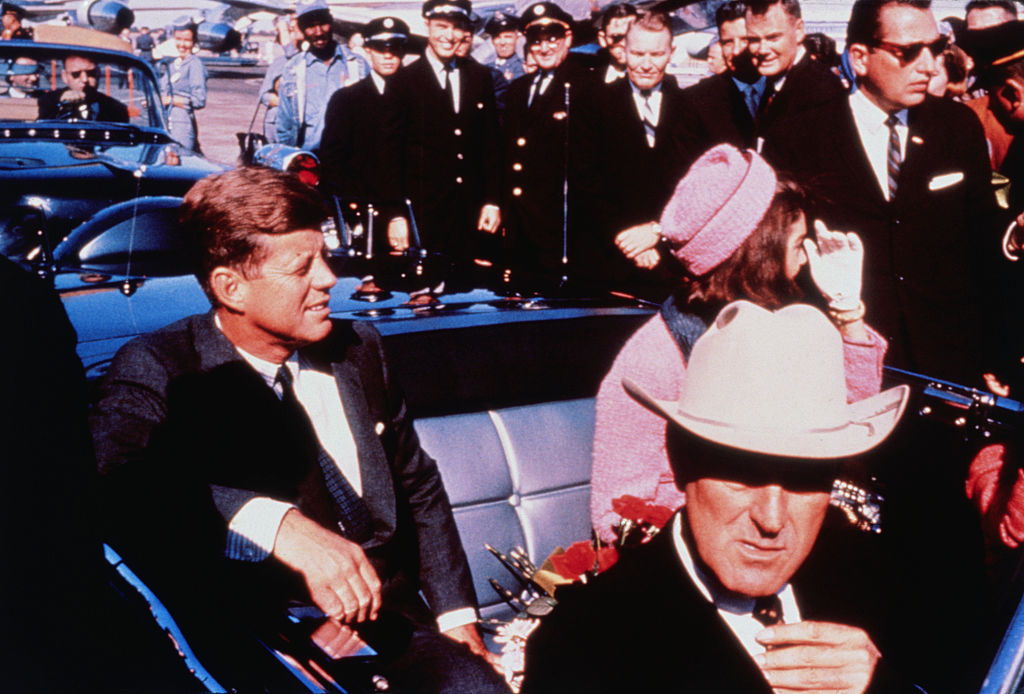JFK's assassination: The darkest day for Dallas
DALLAS (CBSNewsTexas) - A day in Dallas that attracted 200,000 people to welcome President John F. Kennedy became Dallas' darkest day of the 20th century. His assassination in downtown Dallas shocked a nation and placed a cloud of shame over the city for decades.
As we continue to remember the anniversary of the assassination, our Steve Pickett reports on the moniker "city of hate" attached to Dallas for decades.
RELATED STORY: America's continuing obsession with the JFK assassination 60 years later
On the morning of November 22, 1963 would bring pure joy to a 13-year-old teenager who was waving passionately to a visiting president. Quin Mathews was captured on film waving to JFK as he arrived in Dallas.
"Kennedy came right up, then he saw me," Mathews exclaimed. "I wanted him to know he was welcome here. I knew there were people who didn't welcome him to Dallas."
A half century after the assassination, Mathews chronicled the worldwide criticism, the postcards, the letters, the prosecuting of a city labeled as co-conspirator in the president's death—the city of Dallas—in a film called "City of Hate."
"I was aware there was a lot of antipathy to Kennedy," he said. "There was a chill; something bad was going to happen when Kennedy comes here. No one thought he'd be shot, but we thought something bad might happen."
Stephen Fagin is the chief curator for The Sixth Floor Museum, which is Dallas' showcase of remembrance of the city's darkest day of the 20th century.
Dallas' police chief urged an appeal for calm from to the citizens of Dallas.
Fagin says the racially-segregated, politically-conservative city drew concern prior to JFK's arrival.
"There was already this reputation that Dallas had unfairly received, by a small but vocal minority of political extremists," he said. "So, when the Kennedy assassination happened, there was a collective "Oh, Dallas—that's where things like this happen."
On the Sunday morning after the assassination, one pastor said, "In the name of God, what kind of city have we become?
Local moderate pastors challenged their church members to move away from extremism. Those messages are archived today at SMU.
"I think these clergy wanted their congregations to be introspective, reflective about what kind of spirit, kind of acrimony, animosity would generate the hatred that would result in the assassination of a president," SMU Political Science Professor Matthew Wilson said. "There was a sense that Dallas was deeply bound up with the Kennedy assassination, and that's a legacy the city struggled for decades to overcome and put behind them."
Mathews says, "That was the definition of Dallas for 40 years, but it's not now."
The killing of a president left this city wounded for years. Even today, Dealey Plaza attracts tourists. But Mathews believes 60 years later, a president can be remembered without ridicule and hate for the city where it happened.



